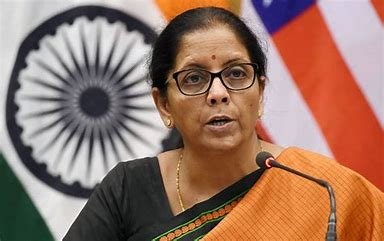A high-level committee led by NITI Aayog member Rajiv Gauba has put forward a sweeping set of 17 reforms aimed at easing the regulatory, financial and compliance pressures on India’s Micro, Small and Medium Enterprises (MSMEs). The proposals target long-standing bottlenecks that have affected credit flow, delayed payments and complex compliance norms for small businesses.
A major recommendation is to expand the Credit Guarantee Fund Trust (CGTMSE) to include medium manufacturing enterprises, opening up easier credit access. To improve liquidity, the panel has suggested extending credit guarantee protection to receivables financed through the Trade Receivables Discounting System (TReDS). Addressing one of the sector’s biggest issues—delayed payments—the panel recommends that in government-related arbitration cases, 75% of the pre-appeal deposit must be paid in cash, and 50% of dues to micro and small firms should be released if the delay exceeds six months.
For compliance simplification, MSMEs would be exempted from mandatory Corporate Social Responsibility (CSR) contributions, and their requirement for board meetings would be reduced to just one meeting per year. The panel also proposes removing the statutory audit requirement for companies with annual turnover below ₹1 crore and raising the tax audit exemption limit to ₹2 crore for firms with low cash transactions. Additional measures include lowering penal interest on delayed tax payments from 18% to 12%, and routing MSME disputes through single arbitrators and online mediation for quicker resolution.
These reforms, if implemented, are expected to significantly improve India’s ease of doing business, reduce compliance costs, and strengthen the financial resilience of small firms.




